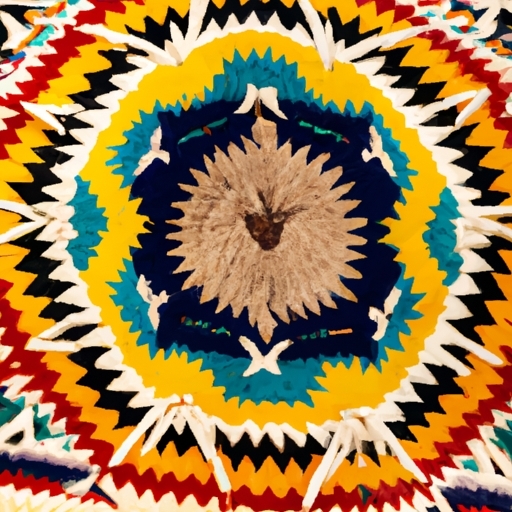how to find your native american heritage
Introduction
To discover one's Native American heritage, it is important to explore family records and documents, as well as speak with relatives. Such research can help identify any potential ancestors of Native American descent. Historical documents such as birth certificates, marriage licenses and death certificates may provide clues about one's ancestry. Additionally, speaking to older members of the family can uncover stories or information that might otherwise be forgotten. Asking questions about family traditions and stories can reveal more information about a person’s background. Finally, consulting official tribal records or talking to tribal leaders may offer even more insight into one's Native American heritage. In conclusion, researching family records and documents, as well as speaking with relatives are essential steps in discovering one’s Native American ancestry.
native american indian rugs eye dazzler
how to get tested for native american dna
